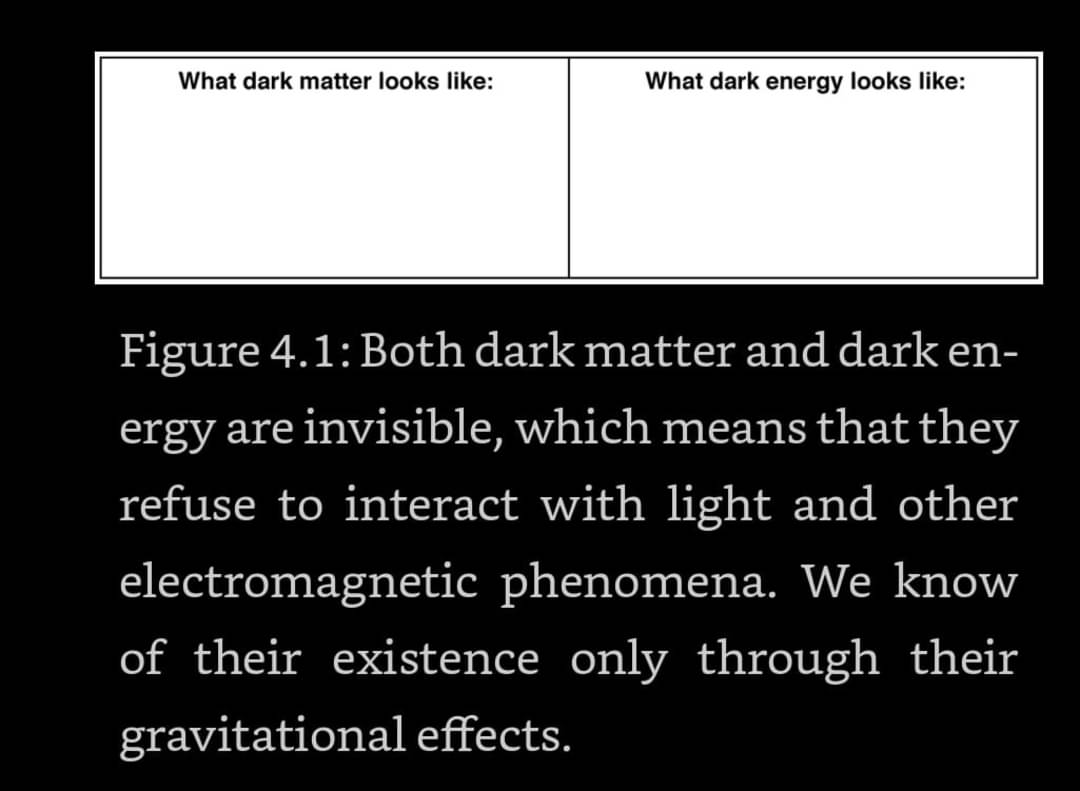this post was submitted on 09 Jul 2024
206 points (98.6% liked)
Science Memes
11217 readers
2730 users here now
Welcome to c/science_memes @ Mander.xyz!
A place for majestic STEMLORD peacocking, as well as memes about the realities of working in a lab.

Rules
- Don't throw mud. Behave like an intellectual and remember the human.
- Keep it rooted (on topic).
- No spam.
- Infographics welcome, get schooled.
This is a science community. We use the Dawkins definition of meme.
Research Committee
Other Mander Communities
Science and Research
Biology and Life Sciences
- [email protected]
- [email protected]
- [email protected]
- [email protected]
- [email protected]
- [email protected]
- [email protected]
- [email protected]
- [email protected]
- [email protected]
- [email protected]
- [email protected]
- [email protected]
- [email protected]
- [email protected]
- [email protected]
- [email protected]
- [email protected]
- [email protected]
- [email protected]
- [email protected]
- [email protected]
- [email protected]
- [email protected]
- !reptiles and [email protected]
Physical Sciences
- [email protected]
- [email protected]
- [email protected]
- [email protected]
- [email protected]
- [email protected]
- [email protected]
- [email protected]
- [email protected]
Humanities and Social Sciences
Practical and Applied Sciences
- !exercise-and [email protected]
- [email protected]
- !self [email protected]
- [email protected]
- [email protected]
- [email protected]
Memes
Miscellaneous
founded 2 years ago
MODERATORS
you are viewing a single comment's thread
view the rest of the comments
view the rest of the comments

Interesting. I've heard about cosmological coupling before, I wonder if PBS Spacetime or Dr. Becky have mentioned this theory yet.
Showing that BH energy density stays constant, like the proposed cosmological constant, is quite interesting, but I also don't understand the leap to how that drives expansion. If vacuum energy was everywhere, I can see how that would push things apart and push harder as space grew, but if vacuum energy exists in BHs I can't make the connection to a repulsive force. Perhaps this is a event horizon resonance mode or something? Where event horizons exists for everything, and they're size and relativistic motion press upon the universe? I don't know.
Wikipedia seems to have this paper's theory listed already (here), though reception seems mixed.
EDIT: Yes, I knew I'd heard of this before. Both PBS Spacetime and Dr. Becky have fairly technical videos on this. Dr. Becky in particular does a great analysis of the paper, as the growth of supermassive BHs is her specialty.
Also, both the proposed Dark Energy and these cosmologically coupled BHs end up exibiting negative pressure in their energy. This is how more energy = more expansion. Exactly how that happens is a complicated relativistic relationship, but it's not unique to this paper.
Yeah I figured it maybe also had something to do with the distribution of matter throughout the universe. We assumed when we made predictions of the distant past that the supermassive black holes at the center of galaxies were the same mass as they are today, but if they were less massive then it might help explain why black holes didn't gather as much material into it's orbit as we would have thought.
I think you're right though that it has more to do with the negative pressure that space and the black holes seem to exert although I must admit I don't really understand what that means or how you would get a negative pressure from a black hole or from space.